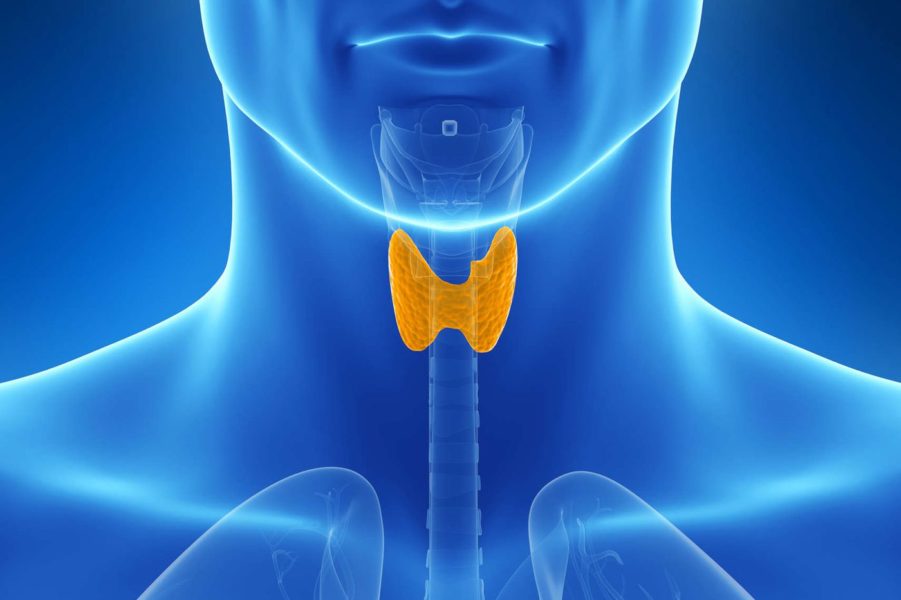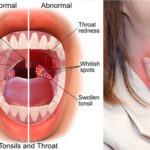Introduction
Hypothyroidism is a condition in which the thyroid gland is under active and it doesn’t produce or release enough thyroid hormones.
Thyroid is a butterfly shaped small gland located on the base of the neck
Pituitary gland located at the base of the brain releases a hormone called thyroid stimulating hormone which regulates the thyroid gland to produce hormones.
Thyroid hormones help to control your growth, repair and metabolism.
Disturbance in thyroid hormone can cause noticeable health problems
Women are more susceptible to develop thyroid imbalance
Symptoms:
They manifest as
- Weight gain
- Generalised weakness / Fatigue
- Generalised body pain
- Cold intolerance
- Constipation
- Anxiety and Depression
- Hair loss
- Dry, Cough, Cracked skin
- Menstrual irregularities
- Poor immune system
Causes:
- Poor Diet. Diet lacking in Iodine, Zinc and selenium
- Hereditary
- Pituitary gland imbalance
- Stress
- Physical inactivity / lack of exercise
- Certain Psychiatric drugs
- Pregnancy
- Autoimmune disorders – Rheumatoid arthritis, Hashimotos thyroiditis, Coeliac disease

Homoeopathic treatment |
Conventional Treatment |
| Reduces TSH levels | Reduce TSH levels |
| Improves the functioning of thyroid gland | – |
| Regularise thyroid hormones | – |
| Permanent cure | Temporary relief |
| Specific remedy for each person selected on the basis of both physical and mental generals of the person | Common medicines prescribed to all persons |
| Natural/potentized medicines | Synthetic/concentrated medicines |
| Nil side effects | Chain of side effects |
Treatment Prognosis:
Improves the functioning of thyroid gland and hence Regularize the thyroid hormones.
Maintains hormone levels even without medicines after the course of treatment.
Diet and Lifestyle Changes:
Foods to avoid
- Goitrogen Foods: Cabbage, Cauliflower, Broccoli, Radish, Spinach, Kohlrabi, Turnip
- Millets
- Soy foods
- Strawberries, Peach, Pears
- Gluten rich foods: Pasta, Maida, Cereals
- Coffee


